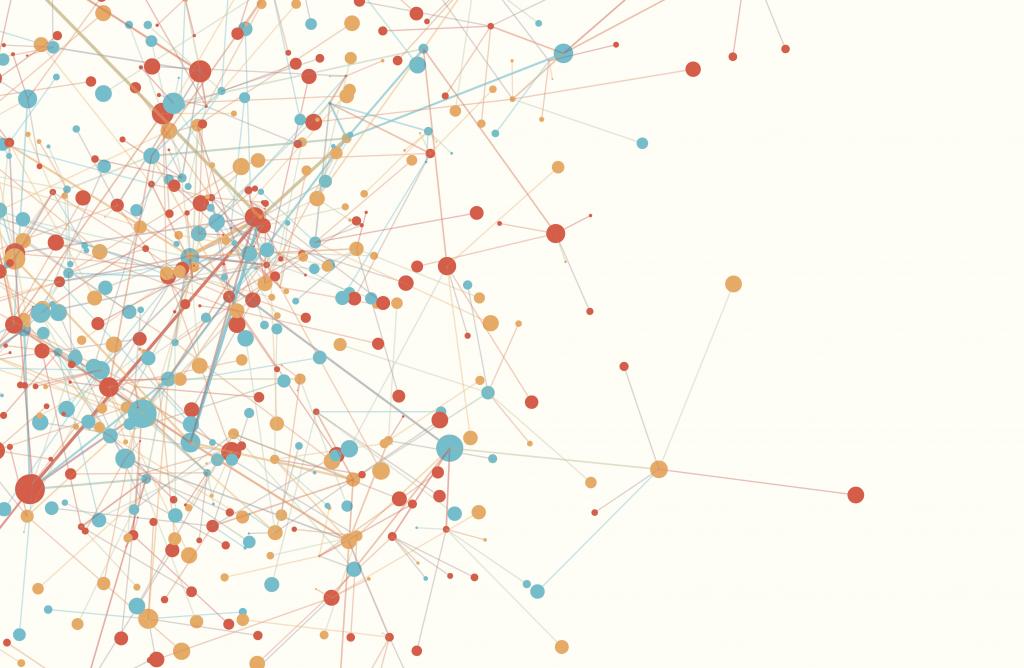While over the years much scholarship has advocated the equal importance of all human rights, some legal scholars still believe that economic and social rights are more different than similar to civil and political rights. A recent PhD thesis questions such a rigid structure of discrete categories of international rights and suggests national courts as an overlooked potential avenue for greater enforcement of international law. Interview with Diya Uberoi on “Bridging Divides: Experiences of Justiciability with Economic and Social Rights in South Africa, India, and the United States”.
Why did you chose to study the justiciability of economic and social rights?
I chose this topic given its timely importance. Around the world, treaties are not well enforced domestically as states continue to overlook their international obligations. Yet to some degree, international legal scholarship still stresses the need for more binding international norms, or “soft law”, to increase the accountability of states under international legal regimes.
Additionally, in countries around the world economic and social rights have long been treated as a subspecies of rights. In comparison to civil and political rights, their justiciability and enforceability is questioned. While much scholarship over the years has advocated the equal importance of all human rights, remnants of those differences still remain.
Thus, as a means of questioning (1) the need to categorise rights and (2) the continual need for treaty ratification in order to enforce international law, this thesis considers an additional avenue for further shaping and enforcing international law: national courts and their remedial practices.
What are your thesis’ major features and findings?
Some international legal scholarship still stresses differences, not only among rights but also between the legal regimes of international and national law. A closer look at remedies, however, may show how courts are bridging those divides. This thesis considers the way national courts follow international tribunals’ remedial practices and thus help bridge the divide between international and national law and the different categories of rights.
By analysing the constitutional recognition of socio-economic rights within the select jurisdictions of South Africa, India and the United States, as well as the relative status of international law within those same countries’ domestic legal systems, this dissertation examines how the national courts of these countries have developed their human rights jurisprudence in accordance with international law. In particular, it looks at the different ways these national courts have sought to enforce remedies for violations of civil, political, economic and social rights. By illuminating the complexity of remedies needed to address violations of all human rights (civil and political and economic and social), the thesis shows that similarities do in fact exist among the different sets of rights.
South Africa, India and the United States were chosen for this comparison because they differ significantly in their constitutions’ guarantees of various rights. The Constitution of South Africa aims to protect socio-economic rights on an equal basis with civil and political rights and treats all rights as directly justiciable and enforceable in courts. In India, socio-economic rights are recognised as directive principles for the purpose of guiding state policy. However, such rights are entirely absent from the US Constitution. Moreover, judicial views and approaches towards foreign and international law vary considerably among the countries, revealing differences in how these countries’ judges uphold socio-economic rights.
While expansive judicial interpretation of rights may allow for the domestic reception of the international view of rights, the thesis suggests that, ultimately, constitutional recognition of economic and social rights may be most instrumental in furthering the influence of international law domestically.
What is the policy relevance of your thesis and how do you plan to take your research further?
During the defence, the jury raised many interesting avenues for further research. In many respects, national courts have been responding to claims lodged by individuals and civil society organisations. As I continue to explore the different roles different actors play in ensuring accountability for rights, I look forward to considering the role civil society organisations play in informing the dialogue around rights from the ground up.
Social rights scholars and practitioners can use this research to consider the different remedies used by courts to enforce all human rights. Additionally, it can be of use to civil society organisations engaged in social rights litigation to find ways to make litigation more strategic.
* * * * *
Diya Uberoi defended her PhD thesis in International Law on 24 May 2018. Adjunct Professor Gian Luca Burci presided the committee, which included Professor Zachary Douglas, thesis director, and Professor Gorik Ooms, from the London School of Hygiene and Tropical Medicine.
Full citation of the PhD thesis:
Uberoi, Diya. “Bridging Divides: Experiences of Justiciability with Economic and Social Rights in South Africa, India, and the United States.” PhD thesis, Graduate Institute of International and Development Studies, 2018.
Interview by Nathalie Tanner, Research Office.


